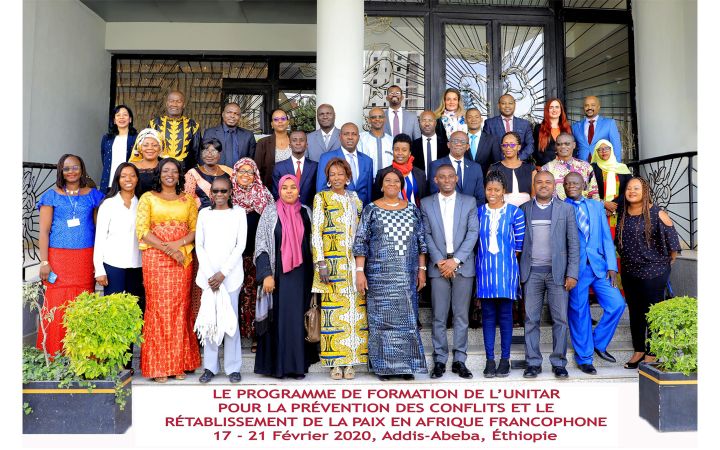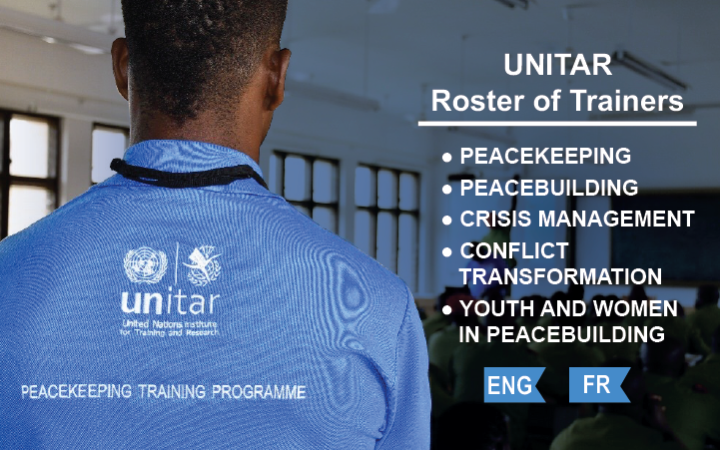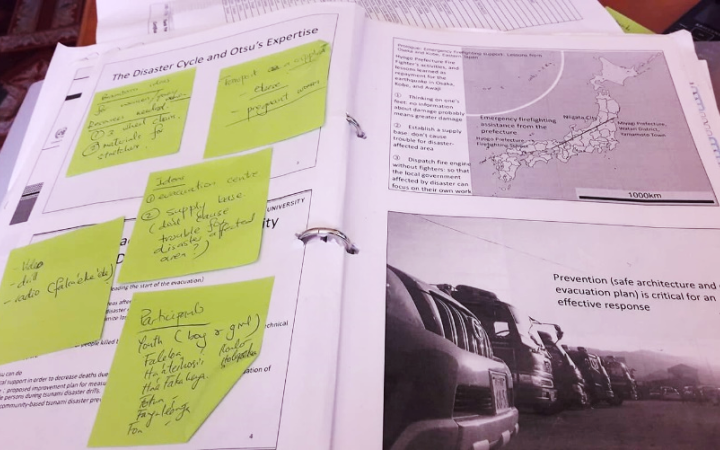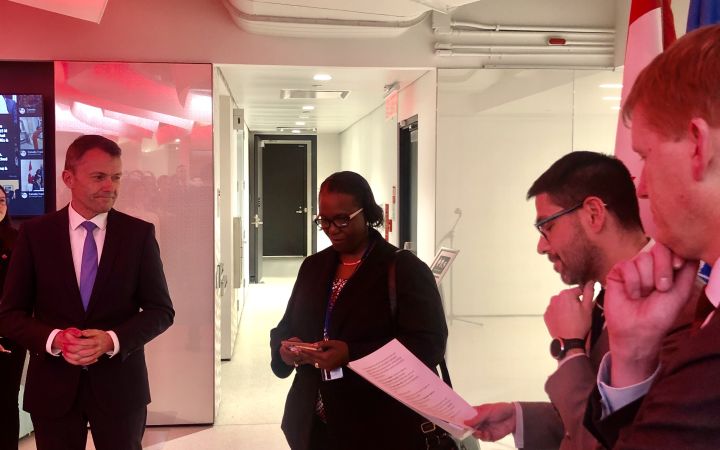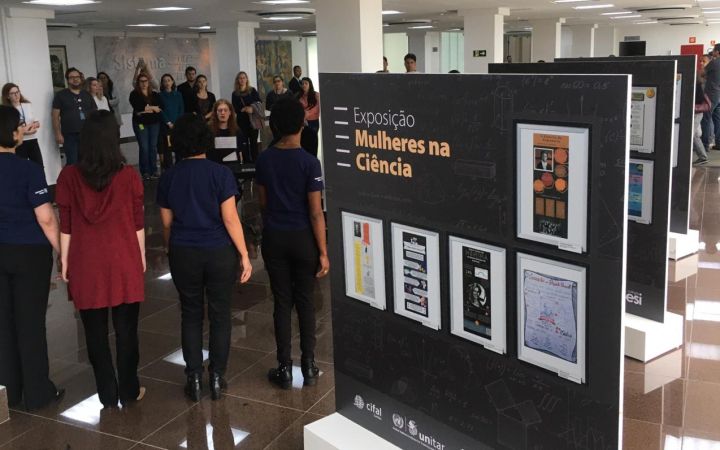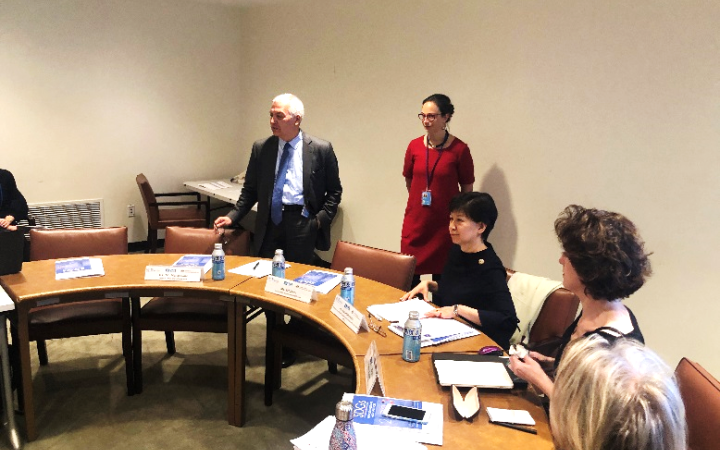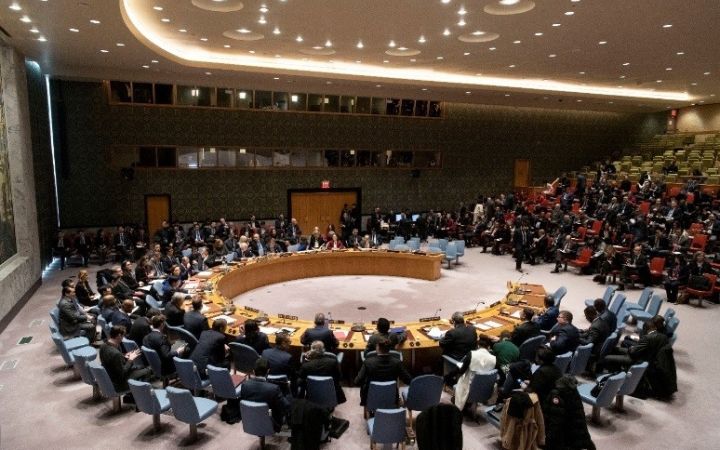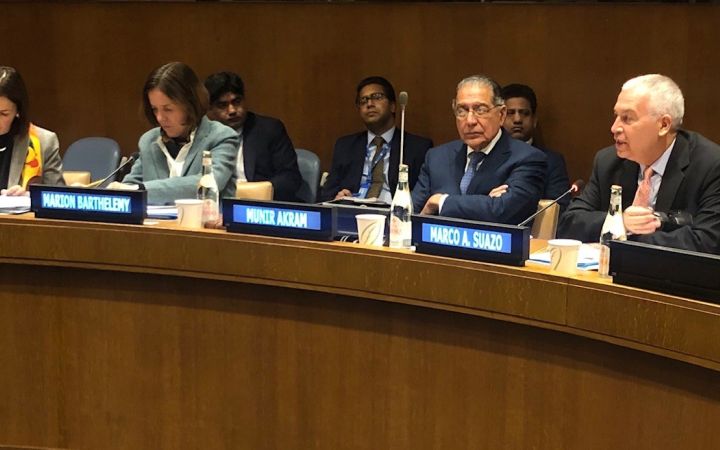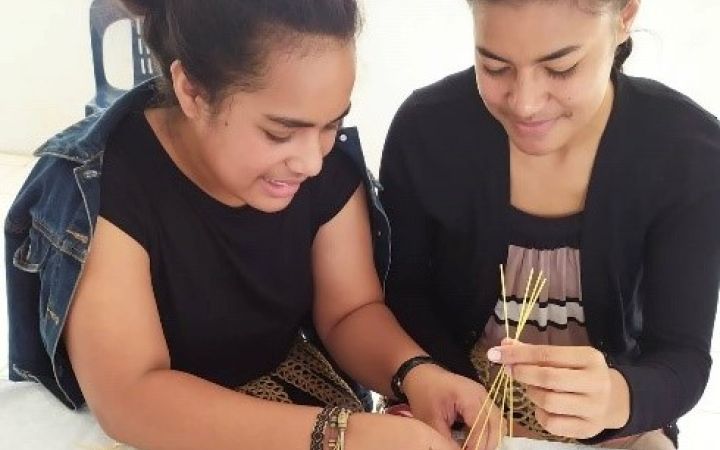Displaying 101 - 110 of 176
Thirty-one mid and senior level government officials, UN and AU staff, and representatives of civil society completed UNITAR's intensive training programme for French-speaking Africa. Officials left the training with an increased awareness of conflict prevention and resolution through political dialogue, as well as enhanced skills and knowledge to contribute to lasting peace.
In February 2020, UNITAR Division for Peace launched a roster of trainers to consolidate the best expertise and knowledge available globally in the fields of peacekeeping, peacebuilding, crisis management, and conflict transformation. Applications are accepted through the online questionnaire, accessible through the links in the respective vacancy announcements. Vacancy announcements are grouped by thematic areas, with each group being published every two-three weeks.
Using the knowledge gained from the UNITAR Disaster Risk Reduction Training she took part in, Lu'isa Uai Taunga from Tonga worked on incorporating best practices from around the globe and adapting them to her local context.
14 February 2020, New York, USA – On Thursday night, 13 February, the United Nations Institute for Training and Research (UNITAR) New York Office attended the reception co-hosted by the Permanent Mission of Canada in celebration of the completion of the Women in International Security and Cyberspace Fellowship training organized by UNITAR and sponsored by the Australian Government.
13 February 2020, New York, USA – The United Nations Institute for Training and Research (UNITAR) New York Office welcomed the fourth class of its UNITAR Global Diplomacy Initiative (UGDI), a program dedicated to providing a unique, intimate training experience targeted at students in higher education who study politics, international relations, urban affairs, or related fields. This year’s participants come from diverse backgrounds and represent academia and professional fields. In the UGDI, they will learn from the connections and experience of UN delegates and academics alike.
11 February 2020, Curitiba, Brazil - Science and equal rights between men and women are crucial for the achievement of the sustainable development goals. Presently, less than 30% of researchers worldwide are women.
5-7 February 2020, New York, U.S.A – The United Nations Institute of Training and Research (UNITAR) New York Office, organized Women in International Security and Cyberspace Fellowship sponsored by the Australian Government. This three day training was hosted in the United Nations Headquarters in Conference Room E.
30 – 31 January, New York, USA – The United Nations Institute for Training and Research’s (UNITAR) New York Office kicked off the last of a series of workshops with the Permanent Mission of the Republic of Niger to the United Nations. Niger constitutes one of the newly elected members of the Security Council for the 2020-2021 period: Tunisia, Niger, Vietnam, St. Vincent and the Grenadines and Estonia. This training was made possible through the support from the Swedish International Development Agency’s (Sida) towards the UNITAR Strategic Framework Fund (SFF) and was held from the 30th – 31st of January 2020 at the Permanent Mission of the Republic of Niger to the United Nations
23 January 2020, New York, U.S.A – The United Nations Economic and Social Council (ECOSOC), the United Nations Institute of Training and Research (UNITAR) New York Office kicked of its year of trainings for 2020 organizing jointly with the Department of Economic and Social Affairs (DESA) a one-day orientation course for the members of the Council. This activity is supported with funding allocated from the Swedish International Development Agency’s (SIDA) contribution to the UNITAR Strategic Framework Fund and hosted in the United Nations Headquarters in Conference Room 8.
When Lu’isa Uai Taunga, an officer with the National Emergency Management Office in the Kingdom of Tonga, participated in the UNITAR Disaster Risk Reduction Training which wrapped up in November 2017, she left with renewed energy and ideas for new initiatives to prepare her community in the island group of Ha’apai in the event of a disaster.


